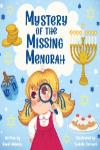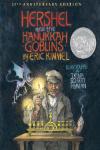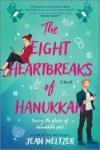I Dream of Lansky: The Dead Jewish Mob King Rules Zachary Lazar’s Law-Bending Novel
A hundred years ago, a gifted young storyteller aspired to write the Great American Novel; today, she is more likely to want to put her gifts to use writing a memoir, or a collection of autobiographical essays. (When the Lena Dunham character on Girls declared that she wanted to become the voice of her generation, it was by writing first-person essays.) This has been the case for at least the last 15 years, and by now we are used to both the memoir craze and the backlash to the craze. Too often, we know, memoirs can be manipulative, self-aggrandizing, or downright made up—the name James Frey stands for a whole moral case against the genre. At their worst, memoirs illegitimately trade on our sympathies, asking us to pity or admire the person we are reading about, rather than the writer who is doing the literary work. They shortcut judgment, including aesthetic judgment, and promise to take us straight to the truth—making them alluring to a reading public that sees fiction itself as unnecessarily demanding, morally frivolous, or simply beside the point.















